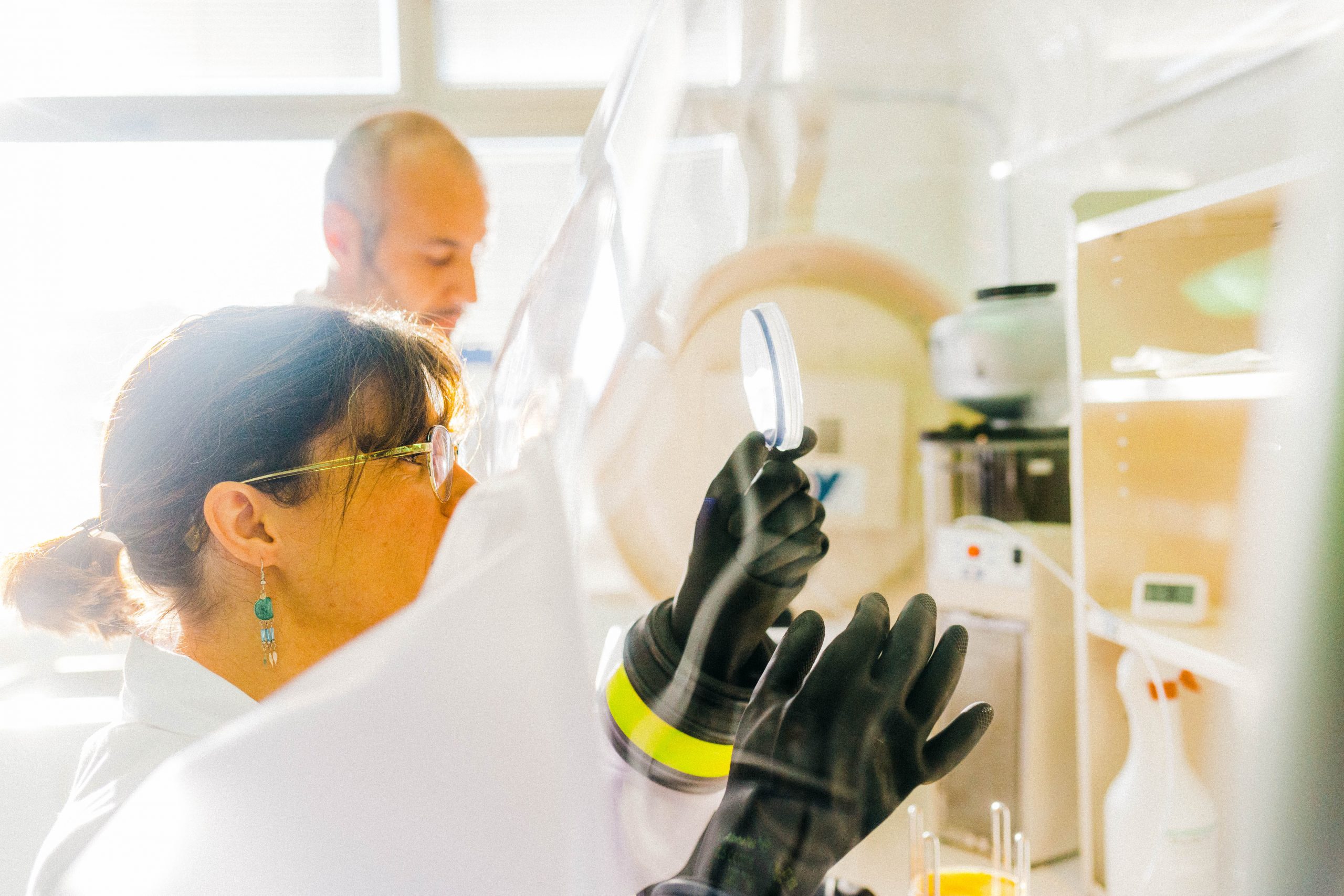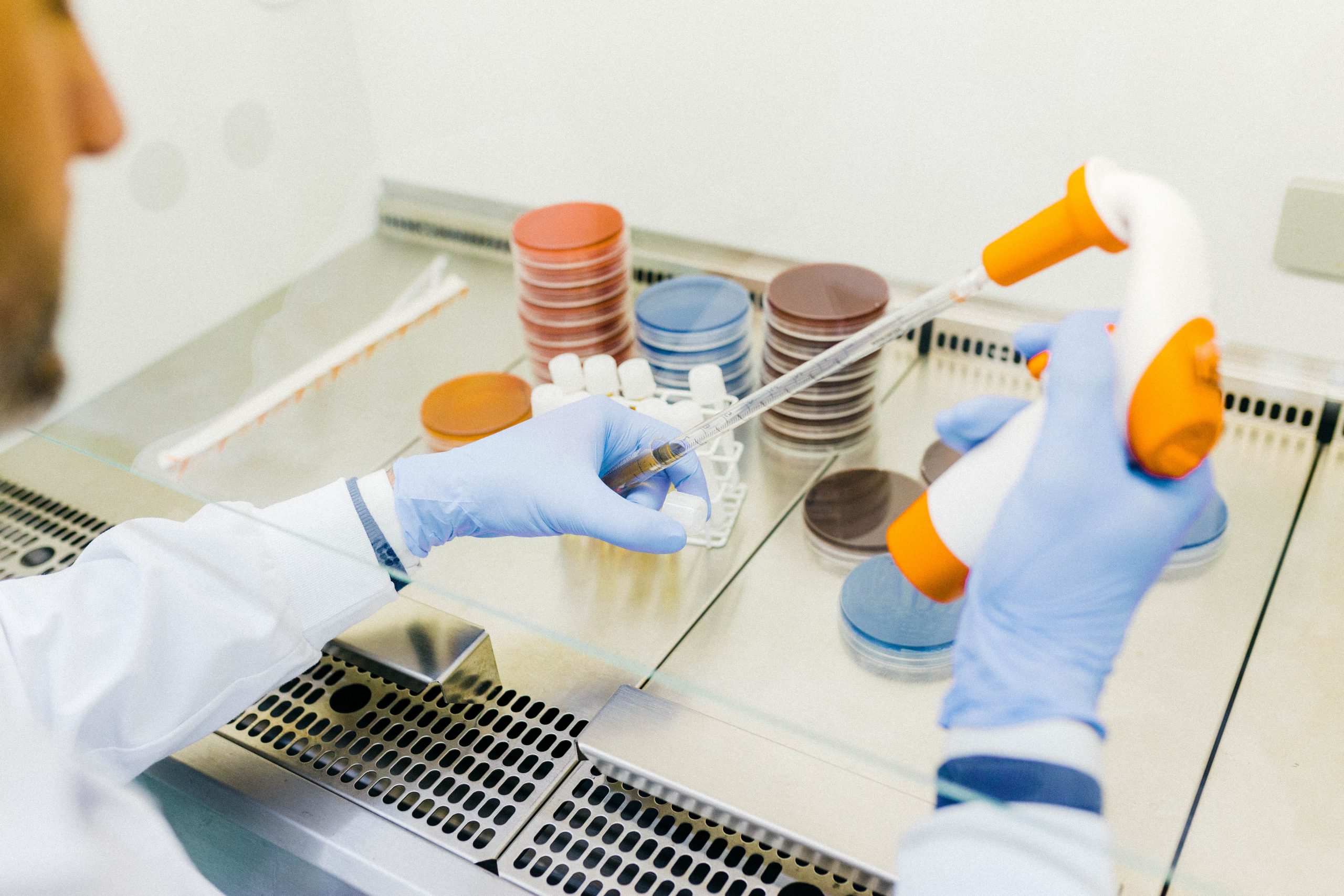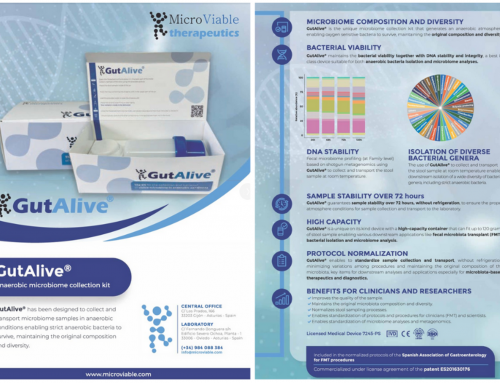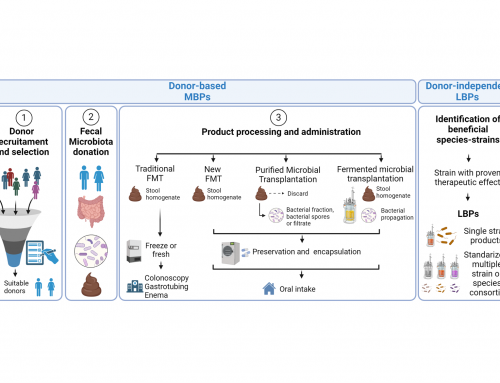In today’s world, antibiotic resistance and multi-resistant bacteria pose a challenge to modern medicine. Innovative therapies involving microbiota and treatments for infectious diseases offer a promising solution to address this issue. The diverse community of microorganisms residing in our intestines has proven to be a key player in the development, prevention, and maintenance of the immune system.
Antibiotic resistance has become an increasingly concerning threat to public health. The indiscriminate use of antibiotics in the treatment of infectious diseases has led to some bacteria developing the ability to resist these medications, making infection control more difficult and potentially resulting in serious complications. In this article, we will explore how microbiota therapy can combat multi-resistant bacteria.
The Importance of Intestinal Microbiota in Immune Balance
Intestinal microbiota plays a crucial role in the development and maintenance of the immune system. Its absence or imbalance can affect immune function and increase susceptibility to infections. Studies have shown that the absence of microbiota leads to incomplete system development, compromising the response of key cells such as NK cells, T lymphocytes, and B cells.
This imbalance opens the door to infectious diseases, as multi-resistant bacteria find a conducive environment to proliferate. It is here that microbiota therapy emerges as an innovative strategy to restore balance and combat infections.
Microbiota therapy and infectious disease treatments hinder the colonization of pathogens in the intestines. Their defense mechanisms include the secretion of antibacterial substances that target a wide range of pathogens. Furthermore, the fermentation of their dietary components promotes the production of short-chain fatty acids, inhibiting the growth of harmful bacteria such as Escherichia coli and Salmonella.
Microbiota therapy restores balance and inhibits the colonization of pathogens in the intestines through antibacterial defense mechanisms.
Overcoming Antibiotic Resistance with Microbiota Analysis and Infectious Disease Treatments
Antibiotic resistance is a global challenge that jeopardizes the effectiveness of traditional treatments. Multi-resistant bacteria cause significant disruptions in intestinal microbiota, disrupting the flora and facilitating the spread and progression of infections. In such cases, probiotics are a viable solution to compete against pathogenic bacteria and promote the restoration of the immune system.
Through Microviable’s biotherapeutic development, we demonstrate the positive impact of microbiota therapy on patients with intestinal infections. The treatment boasts high success rates in eradicating bacteria like Clostridium difficile. It is an effective way to combat infectious diseases and reduce dependence on antibiotics.
One therapeutic option is fecal microbiota transplantation (FMT), which has proven highly effective in treating refractory intestinal infections, especially CDI. FMT involves transferring a healthy microbial community from a donor’s intestine to a recipient’s, thereby restoring the intestinal flora and addressing the infection.
Microviable’s microbiota therapy aims to combat multi-resistant bacteria and restore the immune system, reducing antibiotic dependence.
Microbiome Collection Kit: A Vital Tool for Sample Analysis
Intestinal flora influences cytokine production and the differentiation of regulatory T cells, directly impacting the immune response. Therefore, the preventive analysis of intestinal microbiota plays a pivotal role in therapy development and immune system maintenance.
To ensure the success of microbiota therapies, the precise and non-invasive collection of microbiome samples is essential. This is where the GutAlive® Microbiome Collection Kit comes into play—a vital tool that enables efficient sample collection.
Thanks to the GutAlive® collection kit, healthcare professionals can obtain valid and invaluable information for conducting comprehensive microbiota analyses. This analysis allows for the investigation of patients’ intestinal microbial ecosystems, generating sequencing data that prioritizes the development of individualized studies and personalized therapies.
Addressing antibiotic and multi-resistant bacterial resistance requires innovative solutions. Intestinal microbiota stands out as a powerful ally in the diagnosis and treatment of infectious diseases.
With microbiota analysis and infectious disease treatments, Microviable is pushing the boundaries of medicine to combat antibiotic-resistant infections. Our goal is to continue advancing and make a future where quality of life is a reality for society as a whole.





